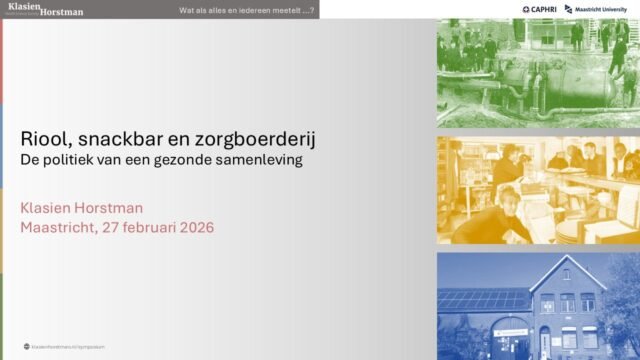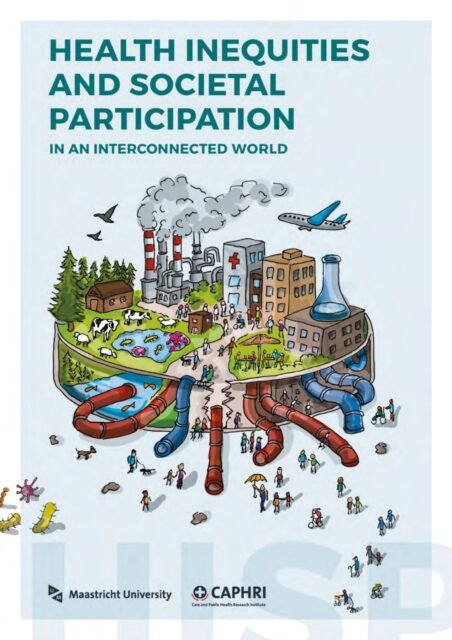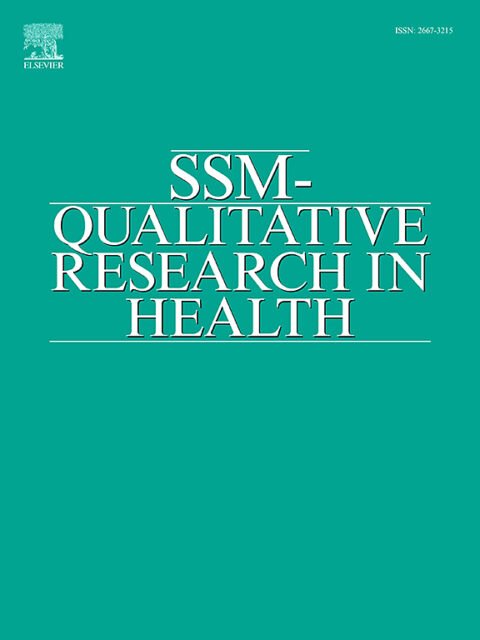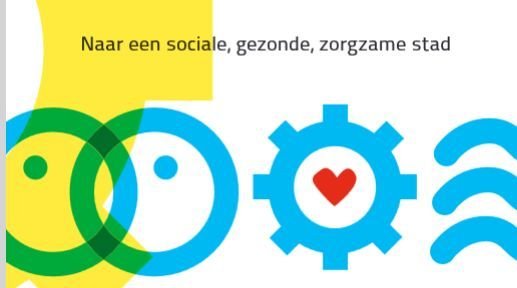This research programme aims at reflection on developments in biomedical and public health technologies and the social consequences, thereof, and aims to contribute to the public governance, social robustness and normative guidance of these innovations.
Current innovations imply that the boundaries between therapy, prevention and screening are in flux, new public-private health care networks are developing, and many health care innovations operate outside health care, for example, at home or at work. The networks of health care are broadening.
These developments result in major shifts in tasks and responsibilities of researchers, clinicians and public health professionals. Moreover, social and political developments result in growing involvement of citizens, consumers and/or patients in these research and health care practices. This means that the redefinition of professional and public responsibilities in the governance of health care innovations is put high on the agenda.
The programme explicitly addresses these developments. It aims to connect laboratory science, clinical medicine, health care, society and everyday life, and to incorporate and understand appropriately the growing importance of the perspectives of patients/users in health care.
The focus of the programme is the development and application of ‘hard’ technologies such as genomics, stem cell research, reproductive technologies, and monitoring technologies as well as the ‘soft’ technologies like databanking/biobanking, ethical review, insurance technologies, screening, health promotion.
The programme is strongly interdisciplinary. It studies philosophical, ethical, historical, social and legal aspects, as well as issues of gender and diversity, with respect to the relationships between research, clinical medicine, public health practices and societal applications. In line with this, the programme develops new interactive research approaches and methodologies, that both require and enable close collaboration between reflective researchers, medical researchers, health care professionals, policy makers and citizens. The programme draws from the humanities, the social sciences and the life sciences. The interdisciplinary approach is reflected in the broad range of journals in which we publish, varying from BioScience to Health Care Analysis to the Journal of Medical Ethics.







